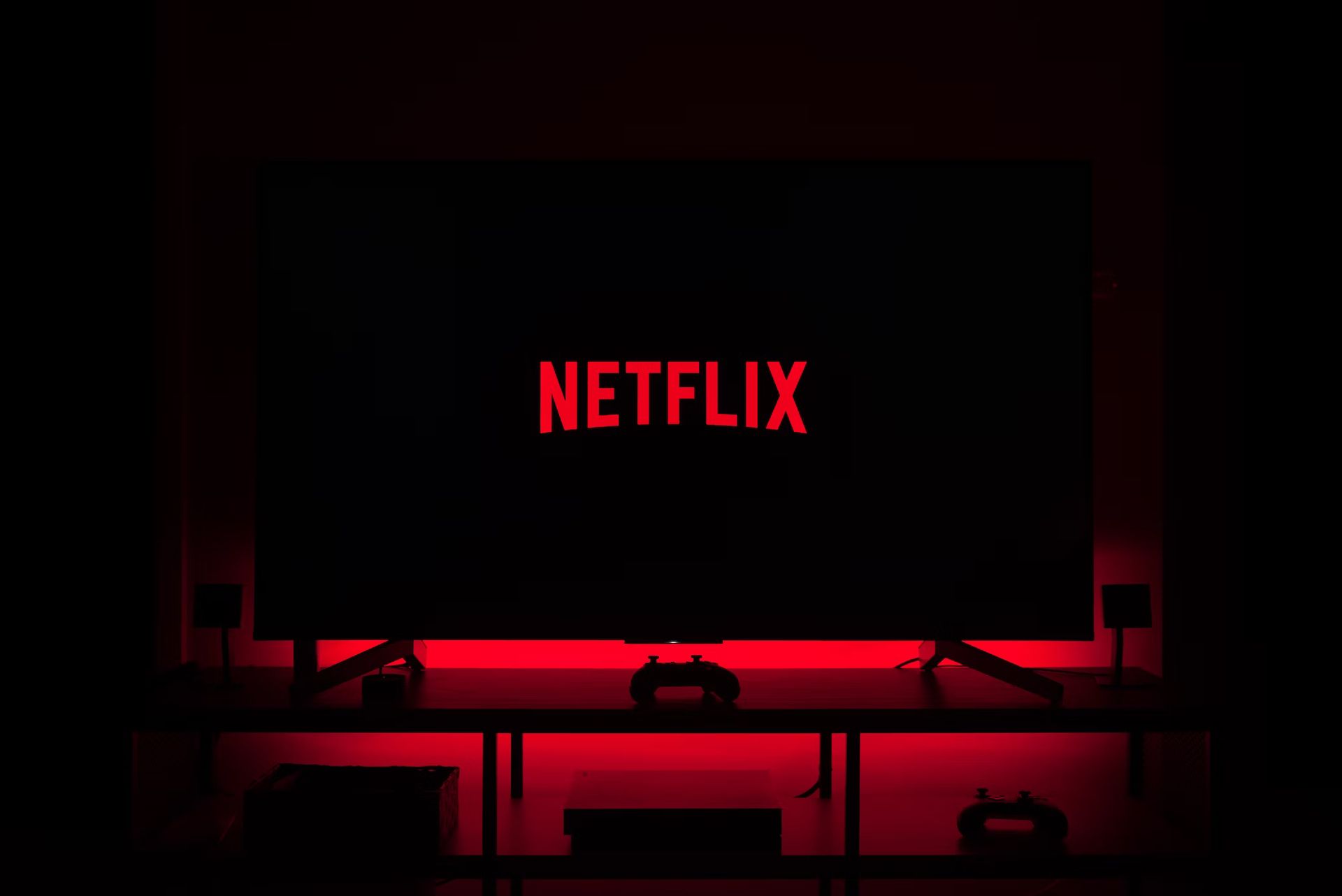The WWE Netflix deal marks a significant milestone, with Netflix securing exclusive rights to live stream WWE’s flagship weekly show ‘Raw.’ This development is a major highlight in WWE’s recent history.
Details of the WWE Netflix deal
The past few months have been momentous for WWE. November saw the dramatic return of CM Punk, who had left the company nine years prior. The Rock’s unexpected comeback at the start of the New Year added to the excitement.
Now, in a landmark $5 billion agreement, WWE, the world’s premier professional wrestling company, joins forces with Netflix, the leading global streaming service.
WWE Raw is getting in the ring with Netflix!
Starting in January 2025, Netflix will exclusively stream WWE Raw in the US, Canada, UK, & Latin America. Every single week, all year long. https://t.co/4hiJ2bBpQG pic.twitter.com/i7lz1k80YL
— Netflix (@netflix) January 23, 2024
This deal ensures that Raw, WWE’s prime Monday night show, will now be exclusively available on the Netflix platform, encompassing movies and TV shows.
Spanning a decade, the WWE Netflix deal significantly boosts WWE’s revenue, offering them a staggering $500 million annually. This figure is nearly double what WWE currently earns from its NBCUniversal agreement. Notably, Netflix reserves the right to opt out after five years, with an additional option to extend the contract for another decade.
This partnership ensures that Raw will be exclusively broadcast in key markets including the U.S., Canada, the UK, and Latin America. As reported by Variety, the coverage is expected to expand into other regions later. Intriguingly, for audiences outside the U.S., Netflix will also host WWE’s other popular shows such as Smackdown and NXT, alongside marquee events like Royal Rumble and WrestleMania.

Presently, WWE operates its own streaming service, WWE Network, available in the U.S. through NBCUniversal’s Peacock and globally as a standalone subscription. The future of WWE Network remains uncertain with the upcoming transition of WWE content to Netflix.
The ten-year agreement commences in January 2025, leaving wrestling enthusiasts with a year of anticipation. The WWE Netflix deal’s significance is expected to build excitement throughout the year, potentially benefiting Netflix more in terms of this anticipation.
Netflix is revamping their data architecture to handle streaming movies to millions
WWE Raw, first aired in January 1993 on USA Network, briefly moved to the now-defunct Spike TV, and returned to USA Network in 2005. The shift to Netflix represents the first instance in its over 30-year history where WWE Raw will not be available on weekly cable television.
Despite moving from live TV to live streaming, WWE is unlikely to see a dip in viewership. USA Network currently reaches approximately 73 million U.S. homes, while Netflix boasts over 77 million subscribers in the U.S. and Canada. Though WWE is set to gain financially, doubling its current TV rights revenue, Netflix might emerge as the biggest beneficiary of this groundbreaking deal.

The deal’s ripple effect extends beyond financial implications. For WWE, it’s an opportunity to expand its global footprint, reaching audiences in regions previously untapped. For Netflix, this venture into live sports entertainment could be a game-changer, possibly attracting a new demographic of subscribers and setting a precedent for future collaborations with other sports organizations.
As we look towards January 2025, when the deal takes effect, the anticipation among wrestling fans and industry observers alike is palpable. Questions abound regarding the impact on WWE’s traditional viewership and how this partnership will influence the company’s content strategy. Moreover, the potential evolution of WWE Network and its integration or co-existence with Netflix’s platform adds another layer of intrigue.
The WWE Netflix deal a significant moment for these two giants. It’s a landmark in the evolution of digital media consumption. As the boundaries between traditional TV and streaming blur, this deal could very well be remembered as an important point in the ongoing transformation of global entertainment consumption.
Featured image credit: Venti Views/Unsplash





